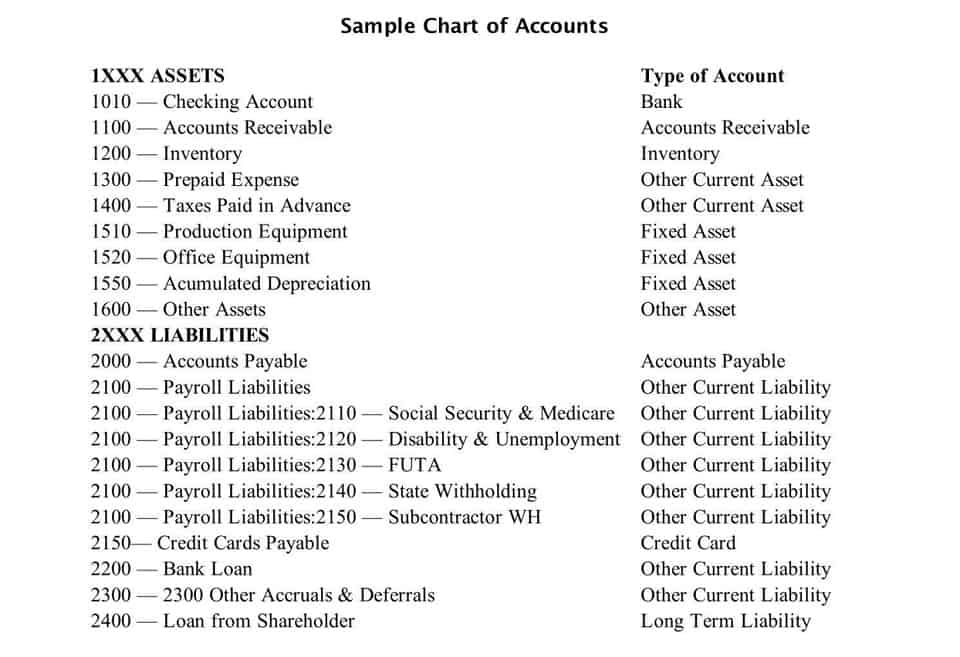
Many readers tell us they would have paid consultants for the advice in these articles. Following GAAP rules may not be the best way to manage your business internally. While GAAP standards are used exclusively in the U.S., other countries typically use the International Financial Reporting Standards (IFRS). We saved more than $1 million on our spend in the first year and just recently identified an opportunity to save about $10,000 every month on recurring expenses with PLANERGY.
List of 10 Basic Accounting Principles
According to accounting historian Stephen Zeff in The CPA Journal, GAAP terminology was first used in 1936 by the American Institute of Accountants. Federal endorsement of GAAP began with legislation like the Securities accounting definition Act of 1933 and the Securities Exchange Act of 1934, laws enforced by the U.S. Today, the Financial Accounting Standards Board (FASB), an independent authority, continually monitors and updates GAAP. Accounting principles also help mitigate accounting fraud by increasing transparency and allowing red flags to be identified. The need for timely reports has led to the preparation of more frequent reports, such as monthly or quarterly statements.
Asset Valuation

In addition, it levels the playing field for a diverse selection of companies, since all publicly held companies are required to follow GAAP standards, regardless of the industry they’re in. This principle states that any accountant or accounting team hired by a company is obligated to provide the most unbiased, accurate financial report possible. Although a business may be in a bad financial situation, one that may even compromise its future, the accountant may only report on the situation as it is. Investors should be cautious if a financial statement isn’t prepared using GAAP. Comparing financial statements across different companies—even within the same industry—becomes challenging without GAAP. Some companies may use GAAP and non-GAAP measures to report their financial results.
Use PLANERGY to manage purchasing and accounts payable

Always scrutinize financial statements, as there’s potential for manipulation within GAAP’s framework. Meanwhile, IFRS standards are principles-based, offering more latitude and subjectivity when interpreting guidelines. Going Concern Concept – states that companies need to be treated as if they are going to continue to exist.
In addition, smaller businesses may find it difficult to follow all GAAP principles in their business. GAAP rules are enforced by the FASB and the SEC, with the FASB charged with setting GAAP rules, while the SEC currently has the authority to both set and enforce GAAP rules and principles. Excluding these items from recording transactions reporting typically results in a higher net profit, which is why non-GAAP reporting is often more favorable to a company than reporting that follows GAAP.

One of the main financial statements (along with the balance sheet, statement of cash flows, statement of comprehensive income, and statement of stockholders’ equity). The income statement is also referred to as the profit and loss statement, P&L, statement of income, and the statement of operations. The income statement reports the revenues, gains, expenses, losses, net income and other totals for the period of time shown in the heading of the statement.

Would you prefer to work with a financial professional remotely or in-person?
- The most notable principles include the revenue recognition principle, matching principle, materiality principle, and consistency principle.
- And such quantitative details could well be maintained with help of ERP Systems such as TallyPrime following the Accounting Principles laid by statutory organizations.
- The accountants should enter all transactions and prepare all financial reports with a consistent presentation throughout the financial reporting process.
- As per the conservatism principle, accounting faces two alternatives – one, report a more significant amount, or two, report a lesser amount.
- Accountants must, to the best of their abilities, fully and clearly disclose all the available financial data of the company.
- Calculating asset valuations in this way provides an accurate representation of its current value, allowing investors to make better-informed decisions.
As per the conservatism principle, accounting faces two alternatives – one, report a more significant amount, or two, report a lesser amount. Let’s say that Company A has reported that it has machinery worth $60,000 as its cost. Now, as the market changes, the selling value of this machinery comes down to $50,000. Now the accountant has to choose one from two choices – first, ignore the loss the company may incur on selling the machinery before it’s sold; second, report the loss on machinery immediately.
- Always scrutinize financial statements, as there’s potential for manipulation within GAAP’s framework.
- Experts sometimes describe the principle of regularity as the bedrock upon which all other GAAP standards rest.
- The company’s current balance sheet will report the land at its cost of $50,000.
- Non-GAAP accounting techniques deviate from these standards by definition, leading some professionals and stakeholders to dispute or reject their use.
- Similarly, a company’s brands and logos that were developed internally and enhanced through advertising expenses cannot be reported as assets.
- GAAP is a set of detailed accounting guidelines and standards meant to ensure publicly traded U.S. companies are compiling and reporting clear and consistent financial information.
Accounting standards by nation
Reports must therefore be thorough and clear, without any Certified Bookkeeper omissions or modifications. All negative and positive values on a financial statement, regardless of how they reflect upon the company, must be clearly reported by the accounting team. Accountants cannot try to make things look better by compensating a debt with an asset or an expense with revenue.